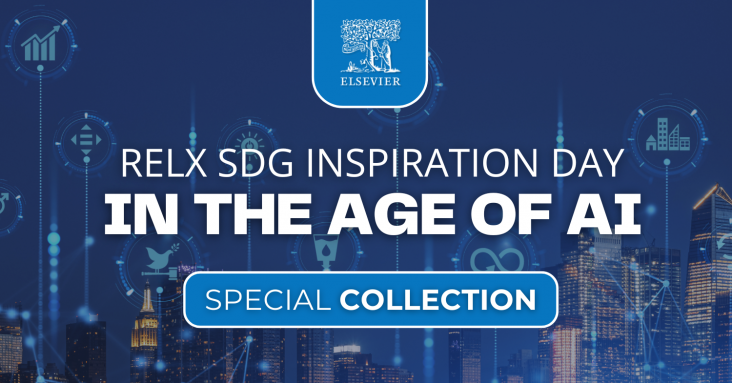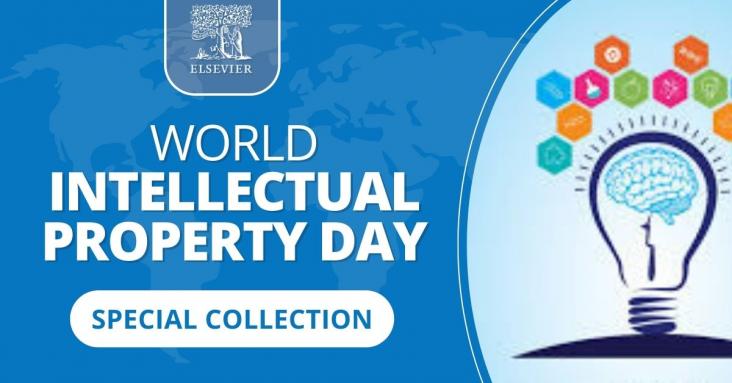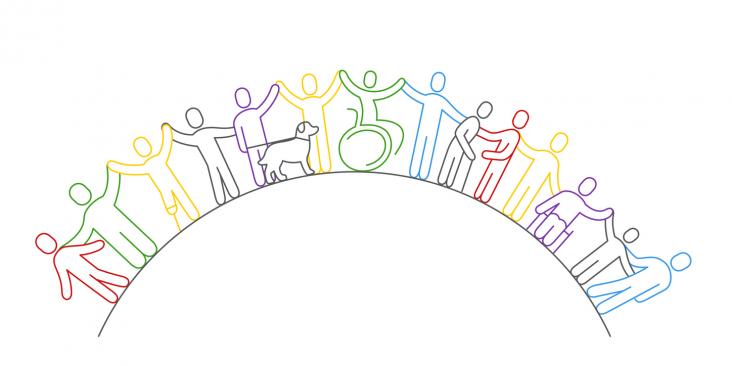Promote sustained, inclusive and sustainable economic growth, full and productive employment and decent work for all

This year’s RELX SDG Inspiration Day will bring together global AI leaders, corporate representatives, investors, government, and NGOs to explore issues, gain practical insights and be inspired to take action in support of the Global Goals. Elsevier is proud to share this special collection of articles and chapters in celebration of this event.

World Intellectual Property Day, observed each year on 26th April, is an opportunity to celebrate the contributions made by inventors and creators around the world and to explore how IP contributes
The study forecasts AI-based innovation's impact on SDGs in 22 countries from 2022 to 2030 using System Dynamics Modeling. In most of the 22 countries studied, AI-based innovation positively affects SDGs 1, 3, and 5. For half of the countries studied, AI-based innovation positively influences SDGs 2, 4, 6–8, 11, 13, and 16–17. AI-based innovation does not positively influence SDGs 10, 12, 14–15 for most countries studied.

XpertHR's 2023 global research report on pay equity highlighted the critical role of leaders in advancing pay equity strategy. This article discusses three key actions leaders at high-impact organizations take to design and execute on a fair pay strategy that democratizes pay, advances a people-first culture, and improves business outcomes. This article furthers SDG goals 5, 8 and 11.
Knowledge of biological diversity is a major source of innovation. Collective intellectual property of traditional knowledge by Indigenous peoples and local communities is an important source of innovation and product development. This article investigates collective intellectual property systems on the traditional knowledge of Aspalathus linearis, also known as rooibos—an endemic plant from South Africa which is the basis of an important herbal tea industry. The article discusses how collective action and self-organization can generate collective intellectual property systems; indigenous peoples and local communities can develop these systems to protect their IP; how these systems can promote social justice and a more equitable distribution of benefits but can be sources of dispute between socio-economic groups and communities and can reproduce historical inequalities and power asymmetries.

As artificial intelligence (AI) and machine learning become increasingly embedded in recruiting and hiring processes, employers must be aware of the potential discrimination risks these tools can pose. This article relates to SDGs 5, 8, and 10
UN's Summit of the Future 2024: Paving the Path for SDG Resources

As the upcoming generation occupies a larger portion of the workforce, issues around the topic of diversity will only continue to grow in importance. Not only is Generation Z more racially and ethnically diverse than previous generations, but members of this generation are also more likely to expect employers to actively work toward cultivating diversity in the workplace. The recent DIAL Global Diversity Review, co-sponsored by XpertHR, presents comprehensive data on the practices being used to promote diversity in the workplace today. This report addresses various facets of diversity from gender and ethnicity to socioeconomic status and parenthood, promoting SDGs 5, 8 and 10.

The United States Supreme Court's landmark decision to strike down race-based admissions programs in higher education has far-reaching implications which also extend to the workplace. This article discusses ways this ruling may affect corporate diversity, equity and inclusion (DEI) program and also embolden some states to take further aim at DEI initiatives, and in so doing promote SDGs 5, 8 and 10.

This article describes the effects of climate and environmental change on viticulture in heroic & steep slope settings
